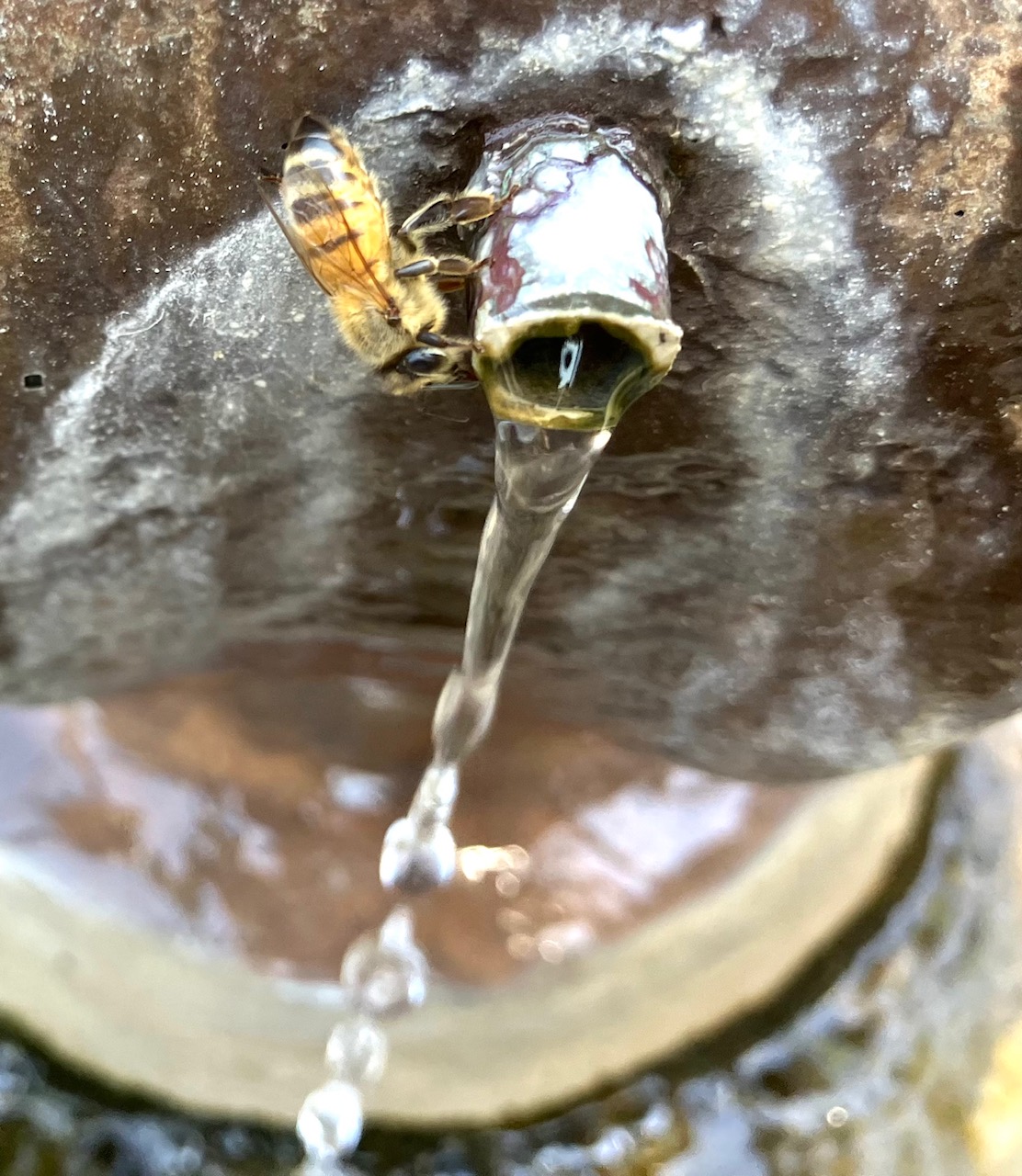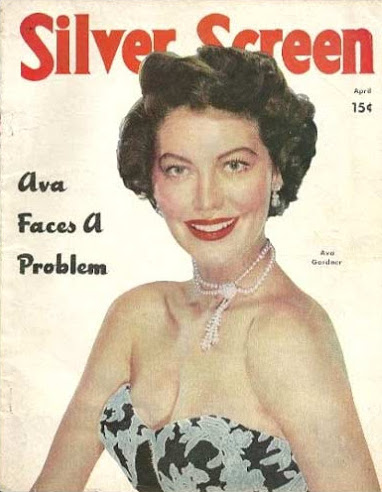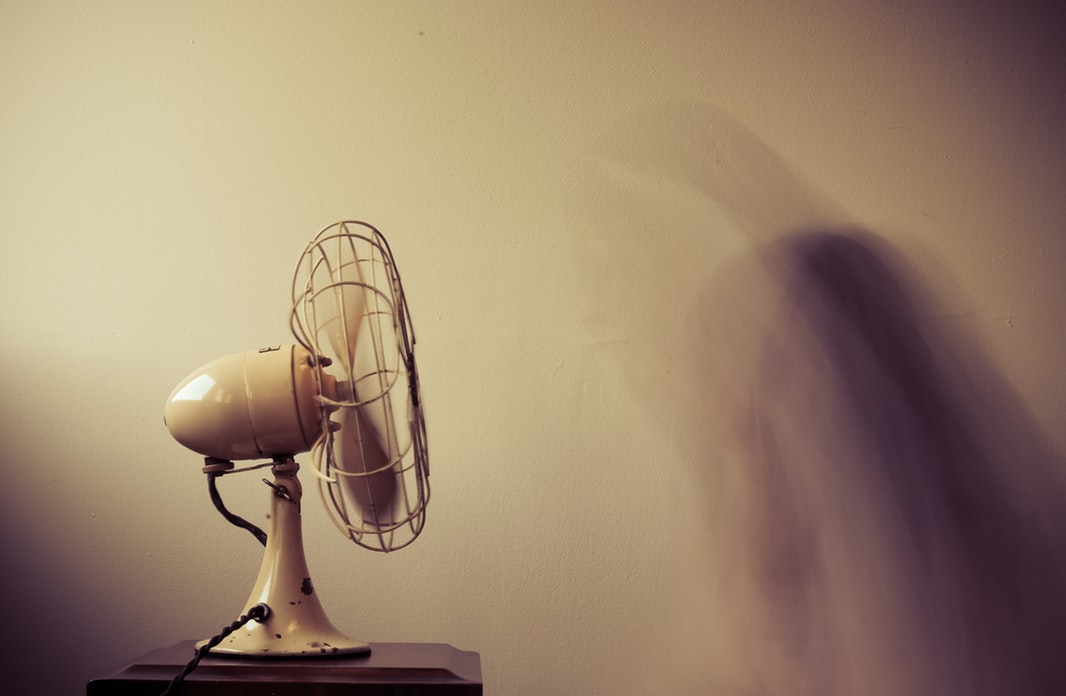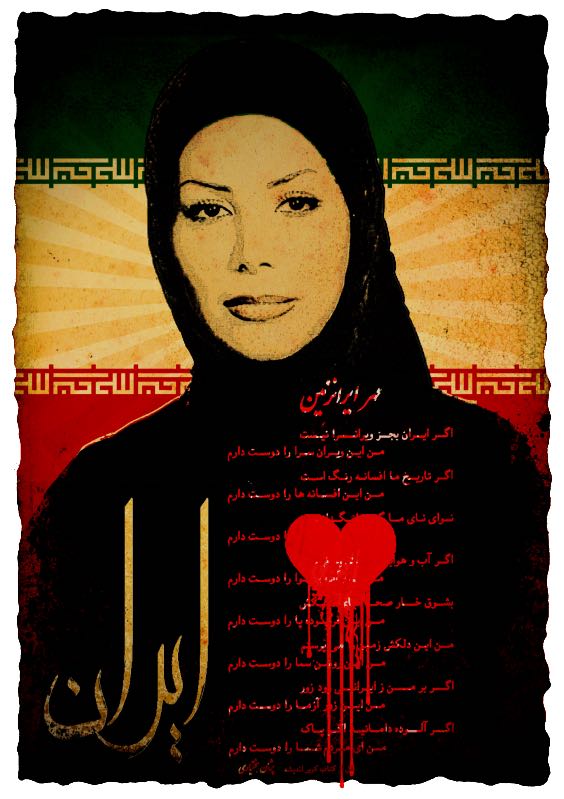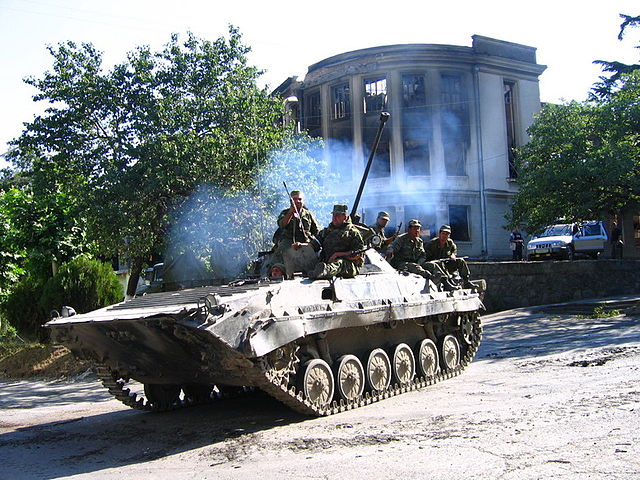Welcome to our September 2022 issue
It’s been hot. Everything’s hot. Global temperatures, national temperaments—even the bees that hover at the birdbath’s edge are plunging into its waters, only to find them warmed by an unrelenting heat dome.
What to do?
Writers Resist offers a cool escape: Don a wet t-shirt, flop before a fan, and read this issue. In it, you’ll find featured works by the following writers and artists.
Katie Avagliano
Dia Calhoun
Heather Dorn
Zoë Fay-Stindt
Howie Good
Morning-meadow Jones
Flavian Mark Lupinetti
René Marzuk
Penny Perry
Tracy Stamper
Jennifer Swallow
Laura Grace Weldon
Please also join us in saying farewell to another beloved editor, and welcoming two new editors.
Ying Wu, one of our dedicated poetry editors, is moving on and shares the following: “It has been an honor and an inspiration to be part of Writers Resist. Since I joined in 2019, our community has grown. I’ve enjoyed the privilege of experiencing voices from all walks of life and parts of the globe—voices driven by hunger for compassion and dignity; by the will to thrive in the face of increasing planetary peril; by the urge to confront the pain of exploitation, intolerance, and subjugation. I believe we can create a better world by amplifying what drives us to speak out, as our words are the bridge between thought and action. I am so grateful to Writers Resist for helping to keep this bridge strong.”
We will miss you, Ying!
René Marzuk joins us as a poetry and prose editor. Accidentally born in Ukraine to Cuban parents, he grew up in Havana, Cuba, and migrated to the United States as an adult. Read a poem by René here.
Holly A. Stovall joins us as a prose editor. Currently writing a thesis for her MFA in Creative Writing at Northwestern University’s School of Professional Studies, she has an MA in Women’s History and a PhD in Spanish Literature.
Read more about our new editors on our About page.
Then, in the relative cool of the evening, join us for an online reading of the September issue’s contributing writers—Saturday 15 October at 5:00 p.m. PACIFIC.
For the Zoom link, email K-B at kbgressitt@gmail.com.
Photo by K-B Gressitt © 2022.

